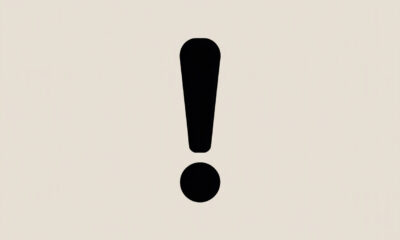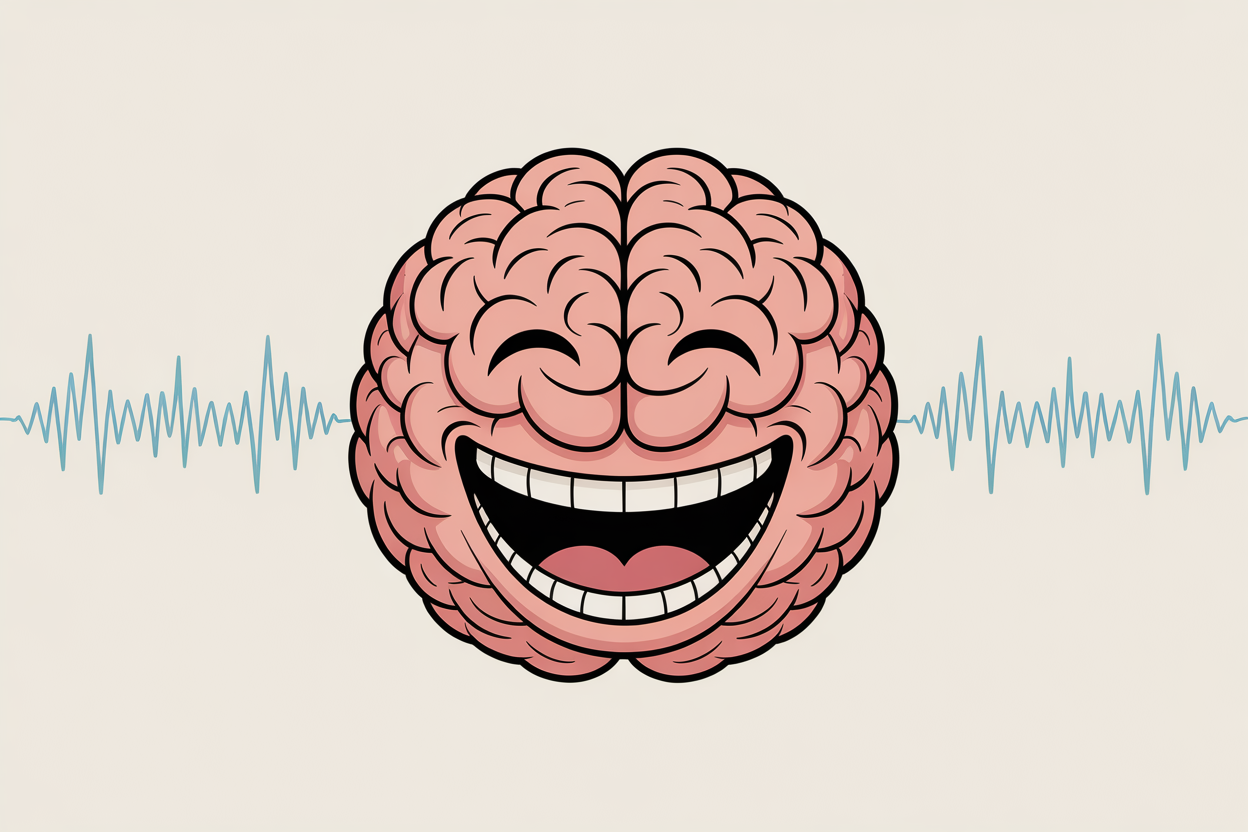informational
Is Dry Humor a Sign of Intelligence? Science-Backed Insights
It’s a familiar, slightly lonely feeling: you launch a perfectly constructed, bone-dry one-liner into a conversation, and it just… hangs there. No laughter, just a few blank stares before the topic shifts. In that silence, you’re left to wonder, “Am I too smart for this group, or just profoundly unfunny?” As someone who analyzes this stuff for a living, and has had more than one joke die a quiet, awkward death at a faculty mixer, I can tell you that cognitive psychology and neuroscience offer some validation. As of 2025, studies consistently link the ability to process complicated humor with higher intelligence scores, although the connection is more intricate than a simple “funny equals smart” equation.
| Humor Type | Key Characteristics | Cognitive Requirements | Intelligence Correlation | Brain Regions | Creation vs. Appreciation |
|---|---|---|---|---|---|
| Dry Humor | Emotionless delivery, understated, deadpan | Incongruity detection, subtle meaning recognition | Moderate to strong | Temporal/frontal lobes | Creation shows stronger correlation |
| Dark Humor | Taboo subjects, distressing content | Emotional regulation, complex reappraisal | Strong | Incongruity regions + amygdala/prefrontal cortex | Appreciation shows moderate correlation |
| Simple Humor | Predictable patterns, direct | Basic pattern recognition | Weak | General humor pathways | Limited correlation |
What Research Says About Dry Humor and Intelligence
The science offers some good news for us dry-witted folks. People who appreciate and create dry or dark humor tend to score higher on both verbal and nonverbal intelligence tests 1. Recent articles from outlets like Phys.org and the World Economic Forum back this up, showing that the ability to process subtle humor correlates with strong cognitive performance, including verbal reasoning and creativity [7, 8].
Research Methodology and Findings
The methods used in these studies are fairly standard. Researchers present participants with jokes or cartoons and ask them to rate the humor. Intelligence is assessed with tools like the Wechsler Adult Intelligence Scale (WAIS). The findings consistently show that participants with higher IQ scores don’t just “get” dry or dark humor more often; they also rate it as funnier. Sample sizes typically range from 30 to over 100 adults from university or general populations.
A key study in Cognitive Processing described appreciating dark humor, a close cousin of dry humor, as “a complex information-processing task” that uses the same brain pathways as advanced reasoning 4.
Unlike simple joke formats that follow predictable patterns, decoding dry humor requires serious mental gymnastics: you have to identify implied meanings, spot contradictions, keep your emotional distance, and process multiple contexts at once.
Dry Humor vs. Dark Humor: Key Scientific Distinctions
While often confused, dry humor and dark humor are scientifically distinct concepts that engage different cognitive processes:
| Aspect | Dark Humor | Dry Humor (Deadpan) |
|---|---|---|
| Defining Feature | Taboo/distressing subject matter | Emotionless, understated delivery |
| Emotional Process | Greater emotional regulation; distancing | Minimal extra emotional load |
| Cognitive Process | Complex: incongruity + emotional reappraisal | Focus on incongruity between tone and content |
| Neural Pathways | Incongruity + emotional control regions | Overlaps with general humor pathways |
Dark humor involves making light of taboo or serious subjects, requiring additional emotional regulation and reappraisal to perceive potentially offensive content as benign. Dry humor focuses on delivery style, a neutral, emotionless presentation regardless of subject matter, where the humor comes from the contrast between flat delivery and the absurdity of the content.
How Your Brain Processes Dry Humor
So what’s happening inside your skull? When you hear a dry joke, your brain is doing some heavy lifting. The temporal and frontal lobes, which handle language and spotting contradictions, flare up with activity 2. Think of them as the brain’s internal fact-checkers and irony detectors. These are the same areas you use for difficult problem-solving.
As The American Scholar puts it, humor forces the brain to quickly sort through information and throw out what doesn’t matter 2. While both dry and dark humor rely on spotting something that’s “off,” dry humor is about the gap between a flat delivery and wild content. Dark humor adds another layer, requiring emotional control centers to manage the taboo subject matter.
Humor Creation vs. Humor Appreciation: Different Cognitive Demands
Here’s a critical distinction: making the joke versus just getting the joke. Research shows that creating humor is more closely linked to intelligence.
Humor Creation:
- Testing Methods: Generating original cartoon captions, spontaneous joke production, improv-based tasks
- Cognitive Functions: Strongly correlated with verbal intelligence, creativity, divergent thinking, abstract reasoning, and working memory
- Intelligence Link: Consistently stronger association with cognitive abilities
Humor Appreciation:
- Testing Methods: Rating pre-existing jokes/cartoons for funniness, neuroimaging studies tracking emotional responses
- Cognitive Functions: Semantic analysis, context monitoring, emotional response, cognitive flexibility
- Intelligence Link: Moderate correlation, less consistent than creation abilities
Studies consistently find that the ability to create original humor correlates more strongly with intelligence and creativity than a simple appreciation for it.
The Cognitive Skills Behind Dry Humor Appreciation
Certain mental skills support appreciation for dry humor.
Critical thinking helps identify the logical breaks and odd perspectives that make a joke work. This kind of cognitive flexibility is a sign of quick thinking 1.
Pattern recognition is also key. Dry humor connects ideas that don’t seem related, and your brain has to work fast to map those new connections.
Finally, verbal reasoning is needed to understand wordplay and what’s left unsaid, skills that overlap with traditional intelligence measures.
Cultural Context and Intelligence Perception
The relationship between dry humor and perceived intelligence varies significantly across cultures, indicating this association is culturally specific rather than universal.
Western Cultures (British, American, Nordic):
- Highly value dry humor
- Associate it with intelligence, quick wit, cognitive sophistication
- Strong social correlation between dry humor and perceived intelligence
Eastern and Non-Western Cultures (Chinese, Turkish):
- View humor differently in social contexts
- May see humor as inappropriate in formal or collective settings
- Prefer affiliative (group-bonding) humor over individual wit
- Weaker or different associations between dry humor and intelligence
While a general link between humor abilities and intelligence exists globally, the type of humor valued and its perceived connection to intelligence varies considerably across societies.
Can You Develop Dry Humor Appreciation?
Yes. You can definitely get better at appreciating different kinds of humor. Exposing yourself to witty shows, reading clever writers, or even just trying to find the humor in daily life can help. Think of it like a muscle. But here’s the catch: while getting better at understanding humor uses the same brain parts as problem-solving, there’s no solid proof that practicing comedy will directly raise your IQ. It might make you a more creative thinker, but the causal link isn’t yet proven.
Age and Development Factors
Interestingly, age matters. Research highlighted by Phys.org notes the connection between humor and intelligence is strongest in children, likely because their developing minds are so flexible 7. Throughout the teenage years, an appreciation for irony grows alongside verbal skills. For adults, the link is still there but often more focused on who can create the humor.
| Age Group | Humor Ability | Intelligence Correlation |
|---|---|---|
| Children | Limited comprehension of dry humor | Strongest correlation between humor and intelligence |
| Teenagers | Developing appreciation for irony | Strong correlation with verbal reasoning |
| Adults | Full spectrum of humor appreciation | Moderate correlation focused on humor creation |
Important Distinctions: Correlation vs. Causation
Before you update your bio to “certified genius” based on your love for deadpan jokes, let’s pump the brakes. This is a classic correlation, not causation scenario. Liking dry humor doesn’t make you smarter, and being smart doesn’t guarantee you’ll find it funny 1. It’s a two-way street. Your sense of humor is a product of everything: personality, culture, experiences, and education.
On a related note, studies also show that people who enjoy dark humor often tend to be less aggressive and calmer. So, maybe it’s less about raw IQ and more about a certain kind of emotional and mental composure.
What This Means for You
So, what’s the takeaway? Appreciating dry humor does line up with higher intelligence, especially in verbal and analytical skills. If this is your brand of comedy, it probably says something good about how your mind works. But it’s not the whole story. Your sense of humor is a part of you, shaped by your personality and life, not just your test scores.
The next time you deliver a zinger that’s met with silence, don’t sweat it. You’re using a form of communication that requires some serious mental horsepower. Whether that officially makes you a genius is beside the point. You’re just operating on a slightly different frequency, and that’s interesting enough on its own.















